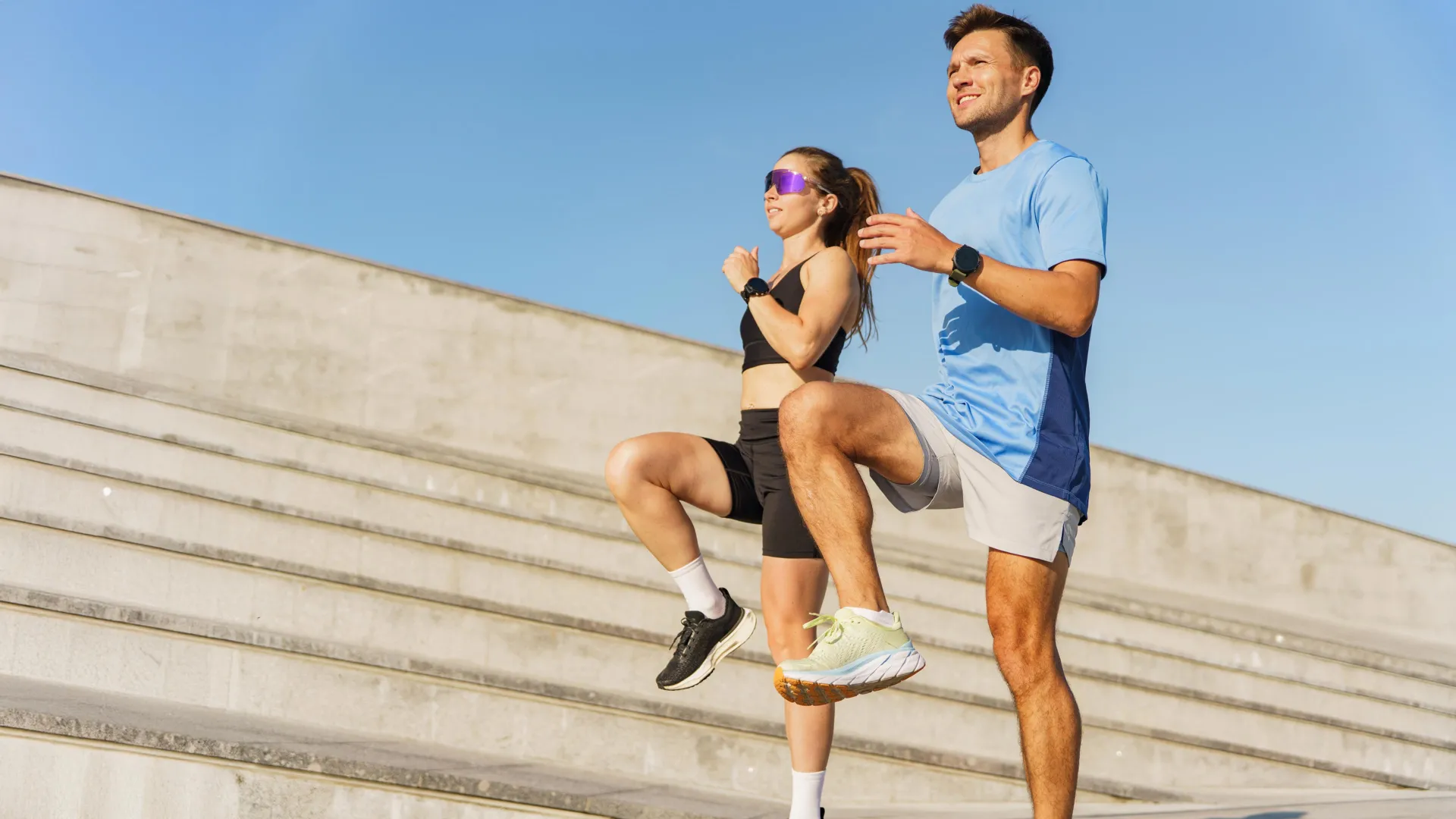This simple warm-up trick instantly boosts speed and power
- Date:
- November 27, 2025
- Source:
- Edith Cowan University
- Summary:
- Warming up significantly improves muscle performance, particularly speed and power, by increasing muscle temperature. Both passive heat methods and light exercise warm-ups work, but mimicking the actual workout movements can offer extra benefits. When your body starts to feel coordinated and lightly sweaty, you’re ready to push into the main session.
- Share:

Whether preparing for a marathon, squeezing in an after-work gym session, or stepping onto the field for a professional game, warming up appears to play a role that is nearly as crucial as the workout or competition itself.
New research from Edith Cowan University (ECU) explored whether warm-up routines could influence exercise performance and found that elevated muscle temperature improves the speed and force of muscle contractions. This effect was especially noticeable during rapid, high-power movements.
"The research found that for every 1°C increase in muscle temperature, performance improved by about 3.5%, with the greatest benefits seen in rate-dependent muscle properties like speed and power, but not in maximum strength," said lead researcher Dr. Cody Wilson.
Comparing Passive and Active Warm-Up Approaches
The study assessed how different types of warm-ups influence muscular performance. Passive warm-ups relied on external heat sources, such as heat pads or a hot shower, to increase muscle temperature without movement. Active warm-ups involved gentle activity like ten minutes on a stationary bike or completing a lighter version of the upcoming exercise.
Despite expectations, the researchers did not observe major differences between these two approaches. They suggest this may be because many studies used active warm-ups that did not closely match the exercises used during performance testing.
"While both active and passive warm-ups result in better speed and power, a lot of research shows that the warm-up exercises should be similar to the exercise you will be doing. If you are lifting weights, starting out by doing the exercise with lighter weights, because the practice actually helps us to activate our muscles more and to use more efficient movement patterns -- the nervous system can learn on-the-spot," fellow author and PhD student JP Nunes said.
Why Exercise-Specific Warm-Ups Matter
Dr. Wilson agrees that warm-ups that resemble the main workout can support better performance outcomes.
"Any warm-up is important, whether that's just walking to the gym or doing a ten-minute cycle before your work-out. But there is some indication that warm-ups not related to the exercise being performed do not have as great an effect on performance as just 'practicing' the performance."
Knowing When You're Ready to Begin the Workout
When it comes to deciding the right moment to shift from warming up to working out, ECU Professor of Biomechanics Tony Blazevich notes that there is no universal guideline.
"As you are warming up, you will feel the movements become easier, and you will get more accurate and coordinated. You might even start to sweat. We often say that once you get that light sweat, you have probably raised your temperature sufficiently to start your work-out.
"The important thing is to start moving. Whether that is with a light walk or taking a few flights of stairs. Eventually you can work up to a full work out, when a proper warm-up will have its greatest effect," Professor Blazevich said.
Story Source:
Materials provided by Edith Cowan University. Note: Content may be edited for style and length.
Journal Reference:
- Cody J. Wilson, João Pedro Nunes, Anthony J. Blazevich. The effect of muscle warm-up on voluntary and evoked force-time parameters: A systematic review and meta-analysis with meta-regression. Journal of Sport and Health Science, 2025; 14: 101024 DOI: 10.1016/j.jshs.2025.101024
Cite This Page: